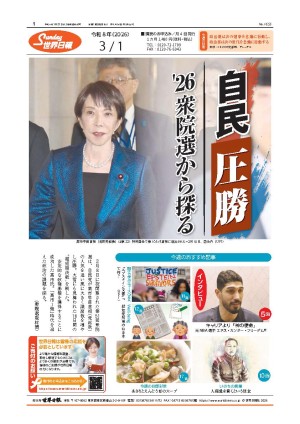ベネズエラの崩壊 The destruction of Venezuela
今月の大統領選は茶番劇だった。毒をまき散らす現職、ニコラス・マドゥロに代わろうとした、ほぼ合法的と見なされた候補者らはすべて出馬を妨げられた。そのような候補者になるはずだった多くの者は刑務所に入れられた。メディアは、異議を唱える政党は、公正な公聴会とは到底言えないようなものからは何も得ることができないと確信していたので、無気力になった。反政府の抗議運動が過去の長い年月受けた過酷な処遇を知れば、反対分子は一人として、腐敗し切った政権によって容赦されることはないであろうということが分かる。
...【全文を読む】







